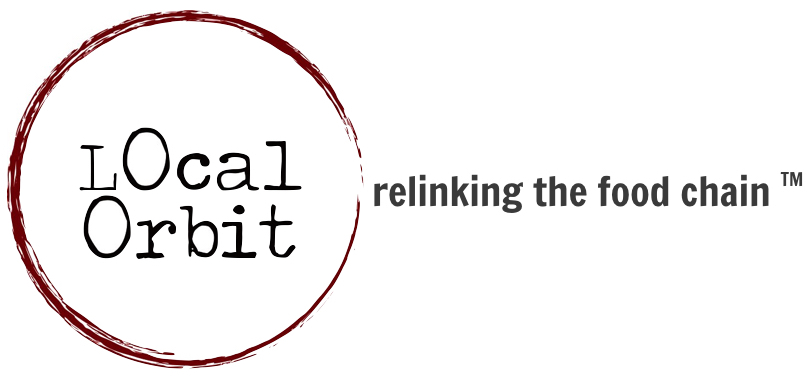
East Quad, University of Michigan
University of Michigan Dining Director Steve Mangan leads one of the nation’s largest college dining operations, including nine dining halls and 20 markets and cafés located across the Ann Arbor campus. Steve will join Local Orbit for Transparency, Collaboration & Shared Value in Local Food Economies, November 7-9 in Ann Arbor, MI.
Since arriving at Michigan Dining in 2014, Steve has achieved ambitious sustainability goals in local food procurement, composting, recycling and waste reduction. His successes come through a philosophy of meeting customers’ needs, working collaboratively with his team and creating a culture of innovation. Prior to joining Michigan Dining, Steve served as Resident District Manager of Sodexo, supervising the campus dining program of Northwestern University in Evanston, Illinois.
We had the opportunity to chat with Steve about University of Michigan’s local procurement program.
How can the University of Michigan leverage its buying power to increase markets for local food producers?
The University of Michigan runs one of the largest foodservice programs in the country, with an annual food spend of over $22M. As a publicly supported institution, we are interested in long term solutions to support our Michigan taxpayers. This includes commitments to support development of capacity with our cattle, poultry, pork and dairy farmers, collaborate with local produce initiatives, innovate in the area of logistics and transportation as well as lobbying to encourage the return of processing capacity to the state. Michigan Dining, along with the College and University segment of the food industry, is actively working to expand our local and sustainable purchasing capability.
What’s the biggest challenge you see for large institutions purchasing local food?
Climate and geographic limitations, seasonal supply, loss of regional processing facilities, transportation and logistics, and risk management all slow our progress and expansion of purchasing.
How can local food supply chains develop to address these challenges?
What’s needed is an organized and streamlined process to connect our ability as a buyer with a variety of small local suppliers in our community. The obstacles mentioned above apply to suppliers, as well. There is a significant need for development of the logistics and transportation efficiencies necessary to stimulate additional growth and availability of the local and regional markets to the large buyer.
Is there one thing institutional foodservice operators can do today to increase local purchasing?
Establishing local food trading networks that support suppliers and help them develop the skills and infrastructure necessary to supply larger buyers is required. Improved data collection both for the buyer and the seller will enhance the viability of the local market and assist the small vendor with business management training and improved techniques for marketing and facilitating partnerships.
You’ll have the opportunity to work directly with Steve, along with a stellar group of supply chain innovators, at Local Orbit’s workshop, Transparency, Collaboration & Shared Value in Local Food Economies, November 7-9. Apply now!

